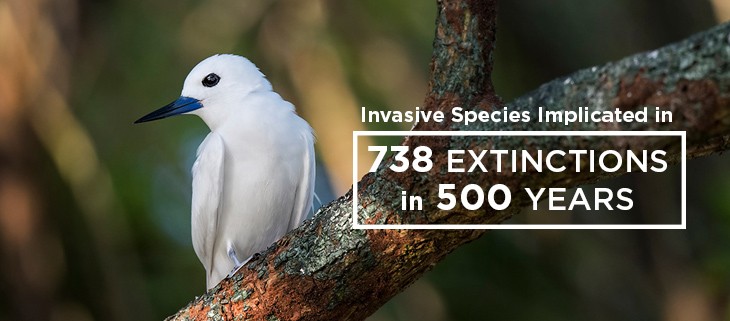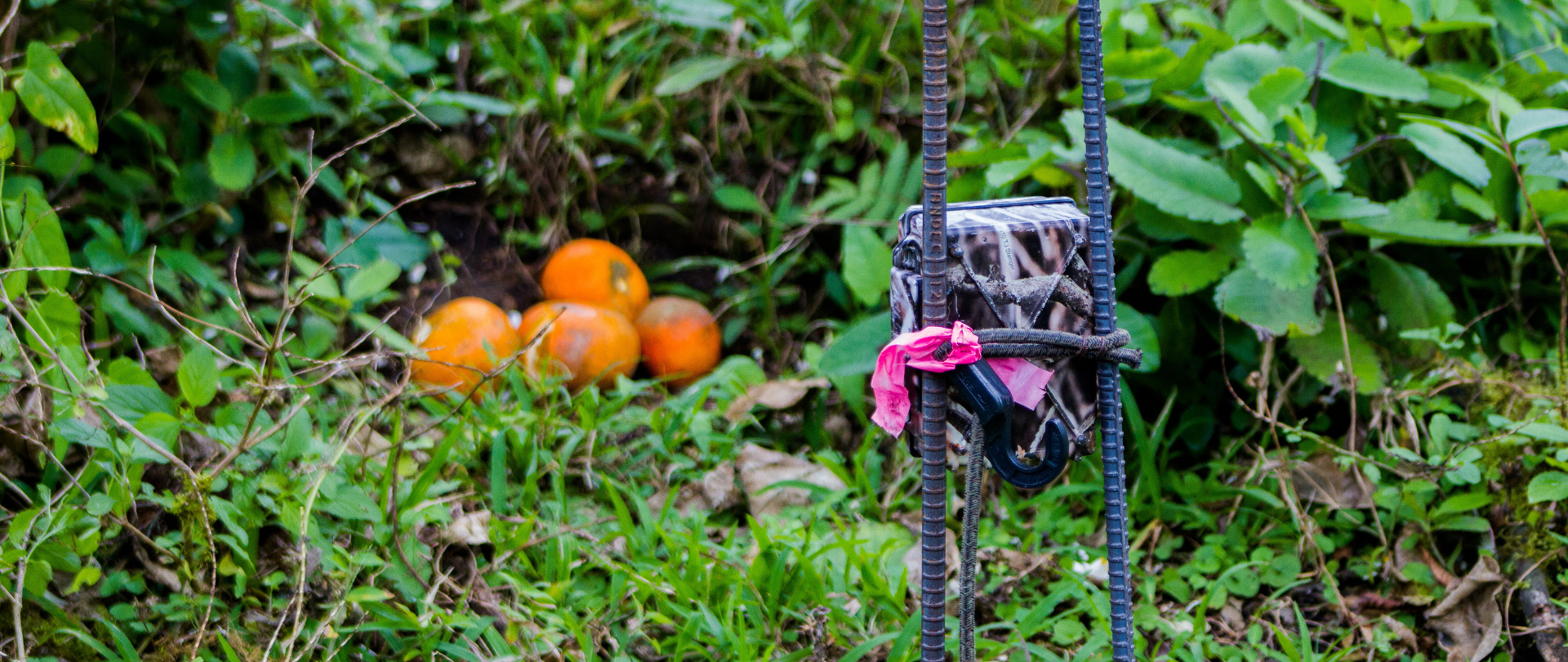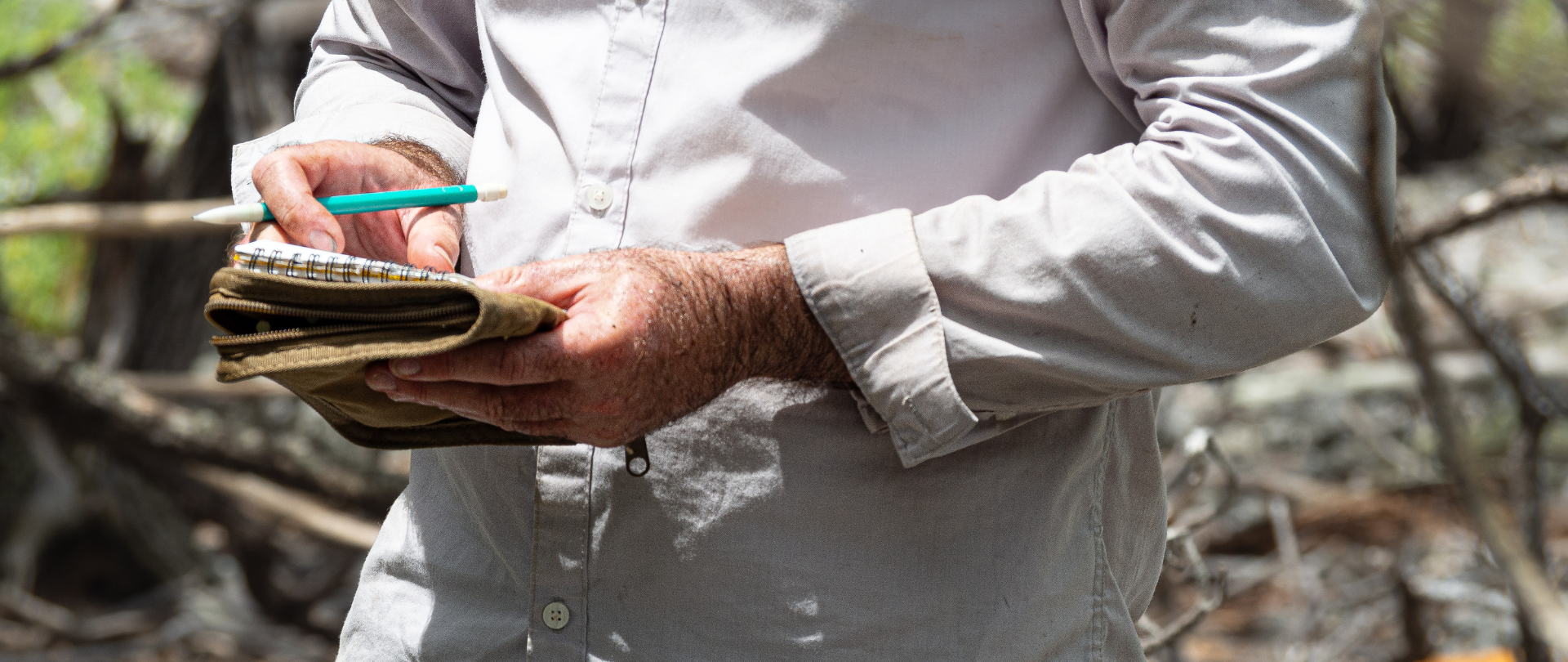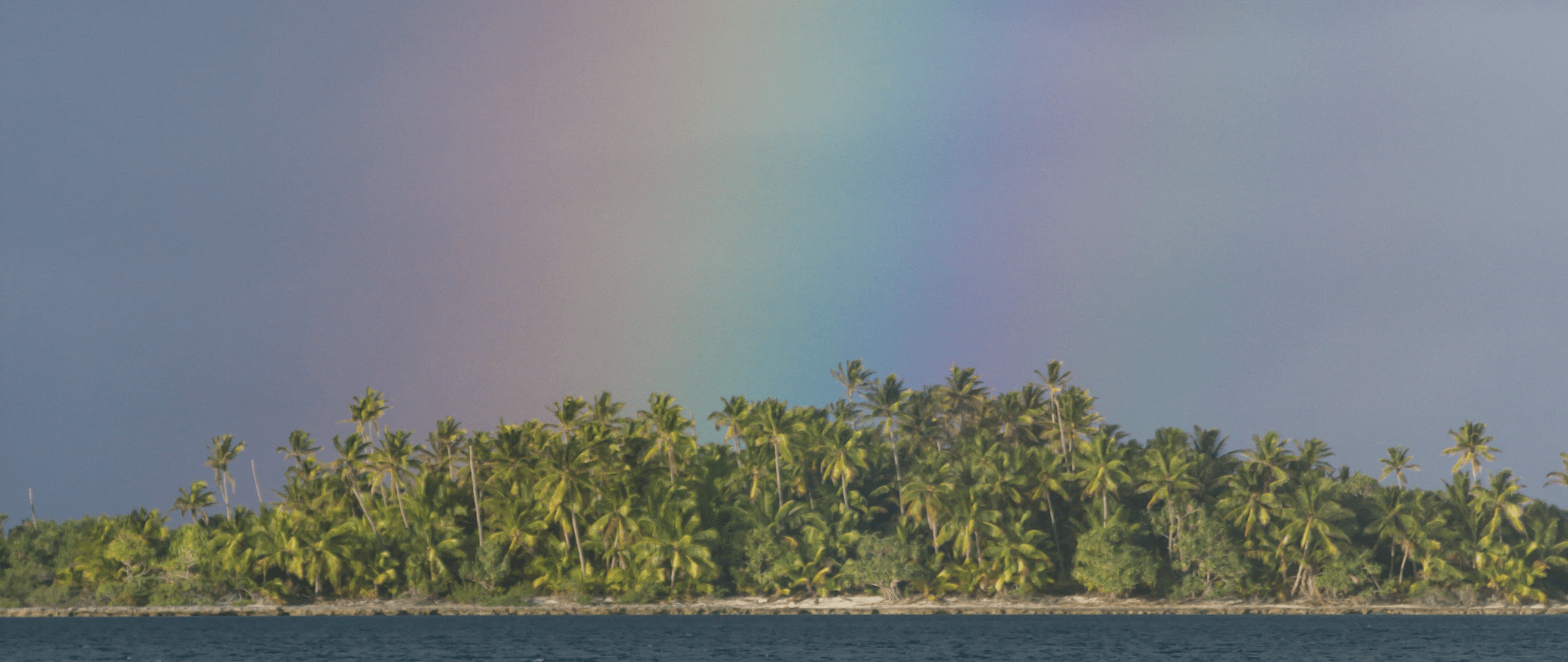New Tech for Island Restoration: Sentinel Camera Traps
We're using a cutting-edge new tool to sense and detect animals in remote locations. Find out how!
Our new online shop is live!
Published on
November 3, 2016
Written by
Sara
Photo credit
Sara

A report in the Proceedings of the National Academy of Sciences, edited by Island Conservation Board Member Daniel Simberloff, sheds light on native wildlife deaths amassed by invasive predators. The New Zealand native Stephens Island Wren is just one of many examples of a species driven to extinction by invasives.
This extermination was not an isolated event. It has played out over and over again as invasive mammalian predators—cats, rodents, dogs, and pigs—arrive in new habitats and decimate native species.
When we lose all of these island species we’re potentially losing a lot of unique species forever that are found nowhere else.


Unless action is taken now, there could be many species whose value we won’t fully comprehend until they’re gone.
Featured photo: Vulnerable Fairy Tern. Credit: Andrew Wright
Source: Forbes
Check out other journal entries we think you might be interested in.

We're using a cutting-edge new tool to sense and detect animals in remote locations. Find out how!

Groundbreaking research has the potential to transform the way we monitor invasive species on islands!

Ann Singeo, founder of our partner organization the Ebiil Society, shares her vision for a thriving Palau and a flourishing world of indigenous science!

This historic agreement aims to protect the marine and coastal areas of the Southeast Pacific.

Our projects to restore key islets in Nukufetau Atoll forecast climate resilience and community benefits in Tuvalu!

Island Conservation and partners have published a new paper quantifying ecosystem resilience on restored islands!

Climate Week NYC: what is it and why is it important? Read on to find out why Island Conservation is attending this amazing event!

With sea levels on the rise, how are the coastlines of islands transforming? Read on to find out how dynamic islands really are!

Island Conservation turns 30! Three decades of work add up to an immeasurable number of positive impacts.

Join us in celebrating the most amazing sights from around the world by checking out these fantastic conservation photos!